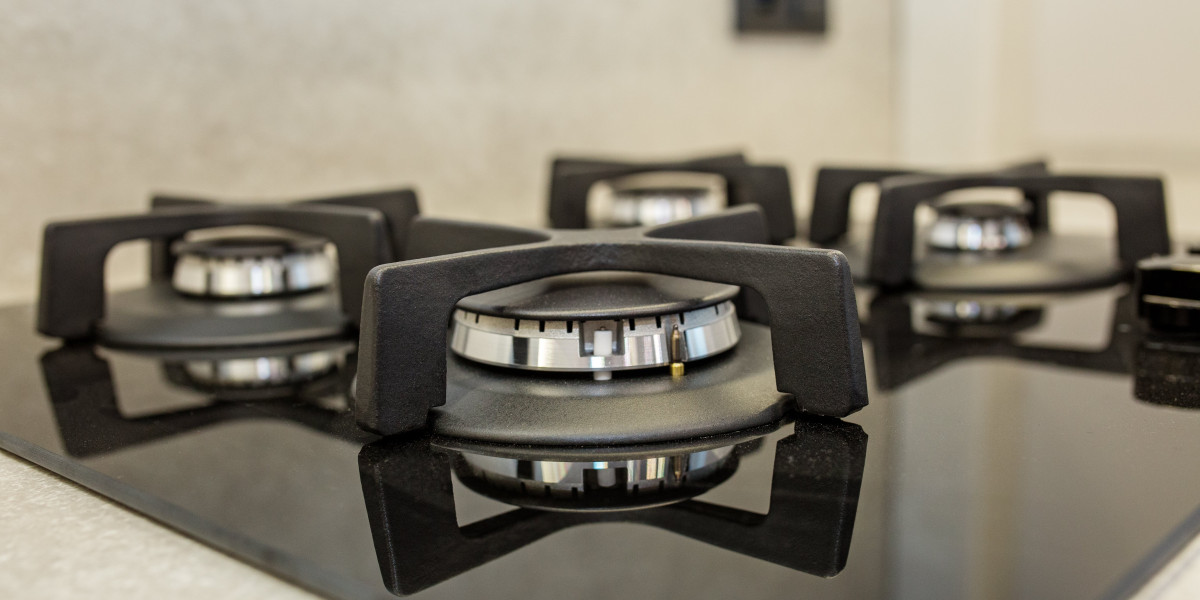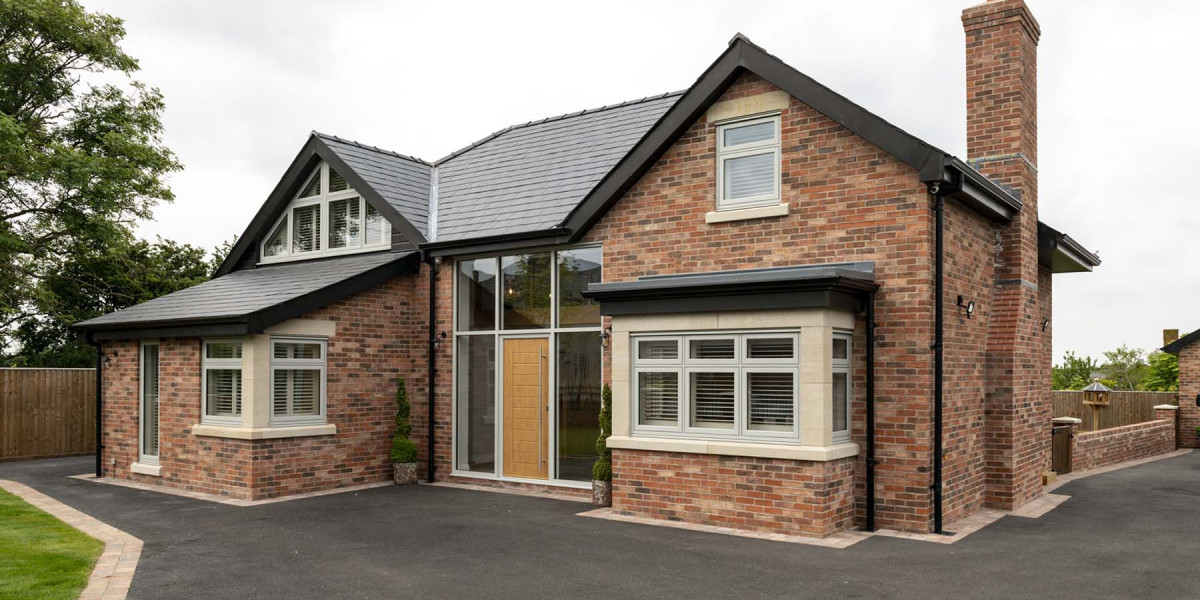The Rise of Integrated Cookers: A Comprehensive Guide
In the ever-evolving world of kitchen innovation, integrated cookers are sculpting a specific niche on their own by blending convenience, performance, and visual appeal into a single home appliance. This short article intends to inform readers about what integrated cookers are, their advantages, different types, and some FAQs to assist consumers make notified decisions.
What are Integrated Cookers?
Integrated cookers are multifunctional kitchen appliances that integrate various cooking methods into one compact design. These cookers can carry out functions ranging from steaming and boiling to frying and baking. Typically built into kitchen cabinets, they not just save area however also boost the visual appeal of the kitchen.
Typical Features of Integrated Cookers:
- Multi-Cooking Functions: Many integrated cookers can sauté, steam, Ovensandhobs.uk bake, and even prepare slow-cooked meals.
- Space-Saving Design: Built into cabinets, these appliances assist preserve a structured kitchen layout.
- Energy Efficiency: Integrated cookers are developed to use energy effectively, decreasing overall cooking energy and time intake.
- User-Friendly Controls: Most integrated cookers come geared up with digital interfaces and pre-programmed settings that accommodate numerous cooking requirements.
Benefits of Integrated Cookers
Integrated cookers use numerous benefits, making them a popular option among homeowners. Below are some essential advantages:
1. Flexibility:
Integrated cookers can prepare a range of meals, consisting of:
- Soups
- Stews
- Grains
- Roasts
- Baked items
2. Area Optimization:
With their compact styles, integrated cookers maximize important counter area, particularly in smaller kitchens.
3. Improved Cooking Efficiency:
Many integrated cookers feature advanced features such as pressure cooking and induction heating, significantly reducing cooking times while enhancing taste retention.
4. Improved Kitchen Aesthetics:
The smooth integration into cabinetry provides a clean and modern look, which can raise the total style of any kitchen.
5. Multi-Functionality:
Integrated cookers can often replace a number of specific appliances, such as sluggish cookers, pressure cookers, and ovens, making them a cost-effective option.
Types of Integrated Cookers
The world of integrated cookers is varied, with numerous models accommodating different cooking styles and preferences. Below are the most typical types:
Integrated Induction Hobs: These cookers use electromagnetic energy to heat pots and pans straight, resulting in much faster cooking times and improved energy efficiency.
Integrated Steam Ovens: Combining the functionalities of a conventional oven with a steam cooking ability, these designs permit damp and healthy cooking approaches.
Integrated Slow Cookers: Ideal for those who choose meal prep, these cookers can simmer food for hours, making them perfect for soups and stews.
Multicookers: These are versatile appliances that can carry out pressure cooking, sautéing, slow cooking, steaming, and even yogurt-making, all in one unit.
Comparison Table of Integrated Cooker Types:
| Type | Key Features | Perfect For |
|---|---|---|
| Integrated Induction Hobs | Quick heating, energy-efficient | Quick meals and precise cooking |
| Integrated Steam Ovens | Steam and convection cooking | Healthier meal preparation |
| Integrated Slow Cookers | Long cooking times, keep warm | Stews, soups, and meal preparation |
| Multicookers | Several cooking functions | Flexibility in cooking designs |
Maintenance and Care for Integrated Cookers
Ensuring the durability and efficiency of integrated cookers needs correct maintenance. Below are some important care ideas:
Regular Cleaning: Wipe down surface areas after each use to prevent accumulation. Follow the manufacturer's guidelines for deep cleaning.
Examine Seals and Gaskets: For models that use steam and pressure, ensure that seals are intact to keep performance.
Descale Regularly: In circumstances where hard water is used, it's crucial to descale your cooker regularly to prevent mineral accumulation.
Software Updates: If the cooker has a digital user interface, check for software application updates to boost functionality and repair bugs.
Expert Servicing: Schedule regular examinations by a certified professional to make sure all components are operating efficiently.
Frequently Asked Questions About Integrated Cookers
Q1: Can integrated cookers change individual kitchen appliances?A1: Yes, integrated cookers can typically serve several roles, replacing appliances such as pressure cookers, sluggish cookers, and traditional ovens.
Q2: Are integrated cookers energy efficient?A2: Most integrated cookers are created to optimize energy usage, substantially lowering energy expenses compared to standard cooking techniques.
Q3: Is setup of an integrated cooker complex?A3: While installation can be simple, it might need professional assistance for optimum outcomes, especially for built-in designs.
Q4: Do integrated cookers feature service warranty protection?A4: Most brand-new integrated cookers include a maker's warranty, covering particular repairs or replacements within a stipulated time.
Q5: Are there specific brand names recommended for integrated cookers?A5: Several reputable brands produce integrated cookers, including Bosch, Whirlpool, and Samsung. It's advisable to check out reviews and compare features.
Integrated cookers represent a considerable development in kitchen technology, supplying adaptability, effectiveness, and aesthetic appeal. With different models readily available to suit different cooking designs, they have actually ended up being significantly popular among discerning homeowners. Purchasing an integrated cooker can improve meal preparation, conserve space, and ultimately enhance the cooking experience. Whether one is a novice cook or a knowledgeable chef, these appliances can satisfy the varied requirements of any kitchen.








